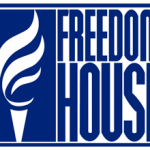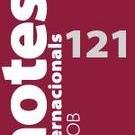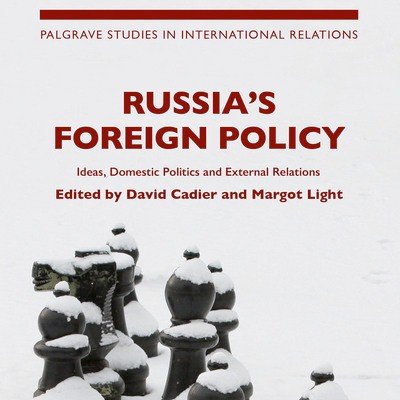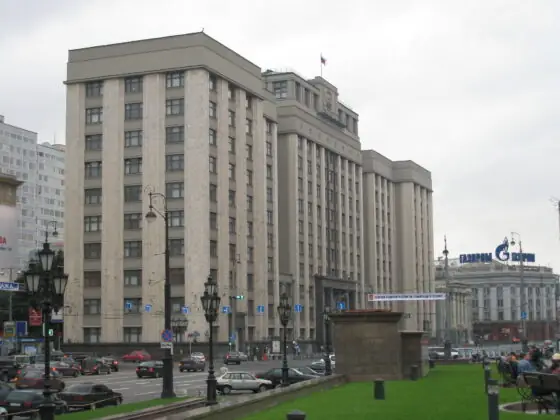(Freedom House) President Vladimir Putin’s decisions in 2014 to seize Crimea, invade eastern Ukraine, and deepen political repression at home can all be attributed, at least in part, to his fear of losing power after 15 years as Russia’s paramount leader. The Kremlin needed to marshal public support while distracting attention from growing economic problems and preventing any emulation of Ukraine’s protest and reform movement.
Russia’s state-controlled media contributed to the effort by exploiting Russian memories of the Soviet Union’s World War II victory, smearing the new government in Ukraine as a “fascist junta,” and blaming the collapse of former Ukrainian president Viktor Yanukovych’s administration on meddling by the United States and other Western powers. To ensure that these assertions remained unchallenged, the authorities increased their harassment of Russia’s dwindling independent media outlets and began blocking access to some of the most critical internet sites. […]











